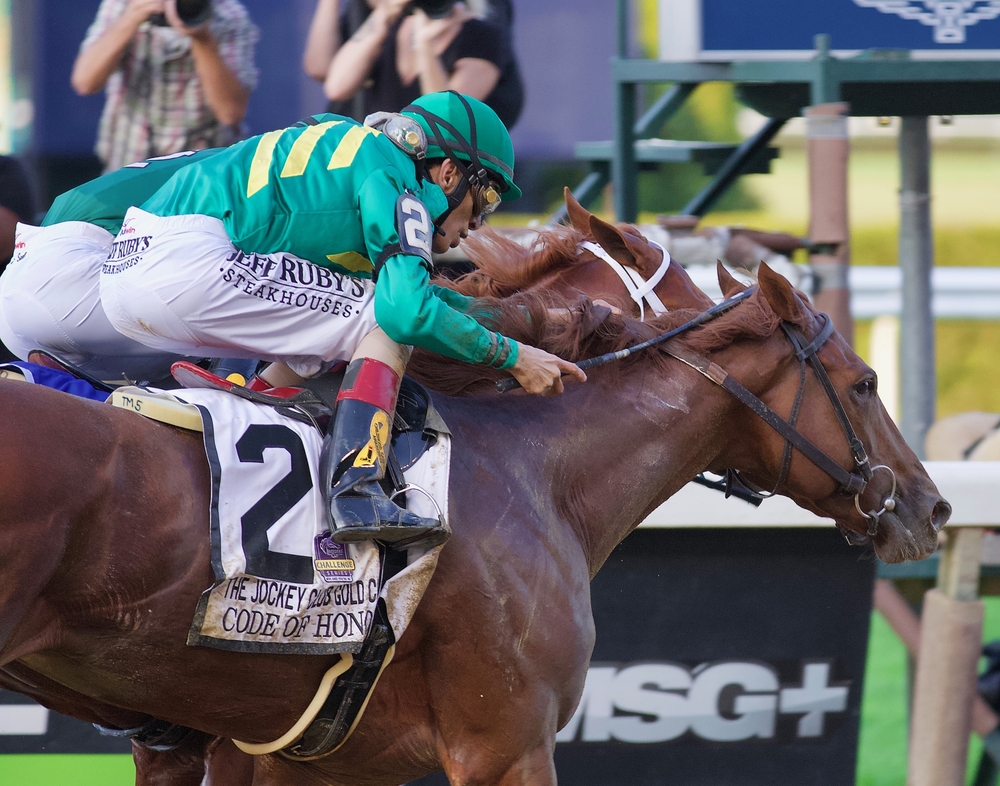Taxes are the worst nightmare of any Canadian. They’re a terrible cloud that seems to hang over everything bold and lovely. One of the first queries a player has when it comes to online gambling is whether or not they have to pay taxes on their casino profits.
The idea of non-taxable gambling winnings is as old as the country. It originated in England and states that you should not pay taxes unless you make your living solely from gambling or treat it as a business. That is why winnings from casino games, lotteries, sports, betting, poker, horse racing, and other chance-based games and tournaments are rarely taxed.
Winnings are completely tax-free in Canada, thanks to consumer-friendly legislation. Nobody will come to your door and demand that you hand over the winnings to the big guy. You are free to have as much pleasure as you want while keeping every penny you have earned. Having said that, there is one thing that needs to be addressed.
Gambling gains from sports betting, horse racing, online casinos, lotteries, and other games of chance are not subject to taxation in Canada. If you receive interest on your gains, though, you must report it on a T5 form. This interest is subject to taxation. You could be penalised if you are caught not paying the taxes on the interest.
Is It Necessary To Pay Taxes On Casino Winnings?
It depends, but most likely not. You don’t have to declare gambling gains when you file your taxes unless you’re a professional gambler, as described by the Income Tax Act’s paragraph 40(2)(f). To assess if somebody is making a living from gambling and, as a result, should pay taxes on their gains, the government considers a few essential variables.
Why Are Casino Players Exempt From Paying Taxes?
Because gambling is not a consistent source of revenue and does not originate from employment, property, or any other viable source, it cannot be taxed. Gambling isn’t considered a business in Canada, and most people don’t make a living off of their wins. Taking tax will not be fair or just in the eyes of the law.
What is The Relationship Between Gambling & Income Tax?
As previously stated, if you don’t earn a living via gambling and hence aren’t considered a “professional gambler” by the Canadian Revenue Agency (CRS), you pay no income tax on your gambling wins, regardless of the type of game or contest you participate in.
If the CRA determines that you are a professional gambler, your gains are deemed income and are subject to the same taxation regulations as other regular jobs. One advantage is that if you treat your gambling operation as a business, you can deduct expenses and losses from your earnings just like other self-employed or small business owners. Because your net income determines your tax bracket, keep thorough records and take advantage of all available deductions.
Is There A Difference In Taxation Between Offline & Online Gambling?
The Income Tax Act does not distinguish between offline and online gambling; therefore, both are subject to the same restrictions. If you’re a professional gambler, you’ll have to pay taxes on your winnings, whether they were won online or at a real casino or racetrack.
Internet poker is one type of online gambling which is more usually classified as a professional activity. Because poker’s skill component is widely acknowledged to be considerable, it is more typical for someone to make a profession playing poker than other types of gambling.
Are Lottery Winnings Taxed In Canada?
In Canada, lottery winnings, such as those from Lotto Max or 649, are generally not taxable. This means that you do not need to pay tax or report lottery winnings obtained through OLG or other lotteries on your tax return. The Canada Revenue Agency (CRA) classifies these winnings as windfalls, which are not subject to federal income tax. However, if you invest your lottery winnings and earn interest or dividends, or realize capital gains from these investments, that income is taxable.
For example, if you deposit your lottery winnings into a bank account, the interest earned on this account is taxable. Similarly, if you invest in stocks or mutual funds using your lottery winnings, any dividends or capital gains from these investments would be subject to taxation. To potentially avoid these taxes, you might consider investing in a Tax-Free Savings Account (TFSA) or a Registered Retirement Savings Plan (RRSP), if you have available contribution room.
It’s also important to note that while lottery winnings in Canada are generally tax-free, there are exceptions. If gambling, including playing the lottery, is done with a regular and systematic approach and with the expectation of making a profit, the CRA may consider it business income, which is taxable. This is particularly relevant for professional gamblers whose primary source of income is from gambling.
If you win a prize in a different country, the taxation process may vary based on the tax laws of that country and your residency status. In some cases, Canada has tax treaties with other countries that could affect the amount of taxes owed. It’s advisable to consult with a tax professional to understand the specific tax obligations in such situations.
Overall, while the basic rule is that lottery winnings in Canada aren’t taxable, the specific circumstances of how the winnings are used or the gambler’s professional status can change this general principle.
Are Canadian Gamblers Taxed In The United States Or Las Vegas?
Unfortunately, Americans must pay nearly half of their gambling gains to the IRS. You will have to pay taxes on everything over USD 1200 if you gamble in the country of the red, white & blue. When you stroll up to the cashier to cheerfully cash out, 30 percent is removed automatically. You don’t have a say in the matter.
The IRS taxes Canadians who earn money while gambling in America under a specific tax treaty between Canada and the United States. The good news is that if you can prove gambling expenses or losses, you can get it back. The more losses you can demonstrate, the more money you’ll get back. You must first apply for a US tax number and fill out the relevant documents to reclaim your money.
Do Gambling Rules Differ by Region, City, Province In Canada?
Separate provinces have different gambling regulations that regulate things like online gambling and casinos, but when it comes to paying taxes on wins, no matter where you live in Canada, the same rules apply.
The big concern is usually whether you’re placing wagers for a living. If you don’t have another work and use skill to win consistently and do so for several years in a row, you’re probably a professional gambler who should pay taxes on the winnings.
Is It Possible To Deduct Gambling Losses In Canada?
You can deduct your gambling losses up to a certain limit, but you must report all the money you win as taxable income on your return.
What Are The Limitations On Deductions For Losses?
If you lose money at gambling, the amount you can deduct cannot be greater than the amount of income you claim. Your deduction is restricted to $5,000 if you have $5,000 in profits but $8,000 in losses. The leftover $3,000 could not be written down or carried forward to future years.
Are Casino Winnings Taxable In Canada?
In Canada, the general rule is that casino winnings, including those from online casinos, are not subject to a gambling winnings tax. This applies to casual gamblers who play for leisure, as their winnings are considered non-taxable windfalls. However, there are specific conditions under which gambling winnings can become taxable.
The Canada Revenue Agency (CRA) stipulates that professional gamblers, those who gamble as their primary source of income and approach it as a business, must declare their gambling profits as taxable income. This includes professional poker players and sports betters who apply their skill and knowledge in gambling to make a consistent profit. These individuals are required to pay both federal and provincial taxes on their gambling income. In such cases, the taxable amount is the profit made after deducting losses and business-related expenses.
However, for the vast majority of gamblers who play casually, their winnings remain tax-free. This includes earnings from various forms of gambling such as lotteries, online casinos, physical casino games, and sports betting. It’s also important to note that while the winnings themselves are not taxable, any interest earned on these winnings is subject to tax and must be declared.
For Canadians gambling in the US, different rules apply. The US requires a 30% tax on certain gambling winnings, but due to a tax treaty between the US and Canada, Canadian gamblers can claim a partial refund on these taxes.
In summary, the Canadian casino winnings withholding tax does not apply to casual gamblers. The gambling winnings tax in Canada is only relevant for professional gamblers, who must treat their earnings as taxable income. For most people wondering “are gambling winnings taxable in Canada?”, the answer is no, unless they are gambling as a profession.
Summary
Hopefully we’ve satisfied your question. Most times sports betting winnings are not taxable in Canada if you’re just betting recreationally, however it may be worth seeking professional tax advice if you’re a professional sports bettor or your main income in Canada derives from sports betting.





